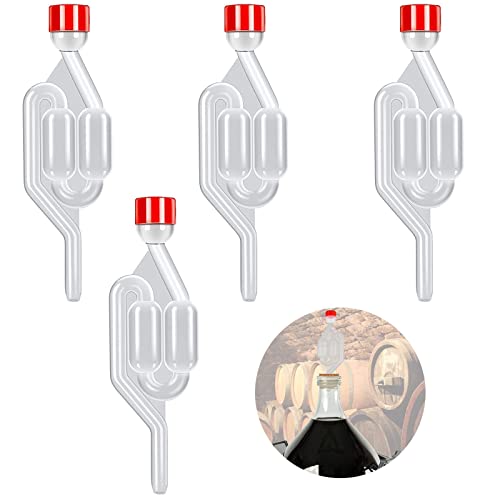TartanSpecial
Landlord.
- Joined
- Dec 28, 2013
- Messages
- 974
- Reaction score
- 359
so you get this sort of thing happening depending whether the carbonate is in the form of carbonate (CO3 2-)or bicarbonate (HCO3-). H+ is the acid hydrogen ion.
H+ + HCO3- ââ â H2O + CO2
2 H+ + CO32- ââ â H2O + CO2
H+ + HCO3- ââ â H2O + CO2
2 H+ + CO32- ââ â H2O + CO2











![BREWING THERMOMETER STICKERS ACCURATELY MONITOR FERMENTING BEER & WINE LIQUID TEMPERATURES 5PCS HOME BREW SPIRITS WINE LCD ADHESIVE [US]](https://m.media-amazon.com/images/I/311DDjo2X3L._SL500_.jpg)




























